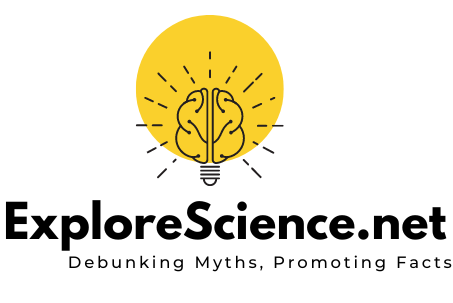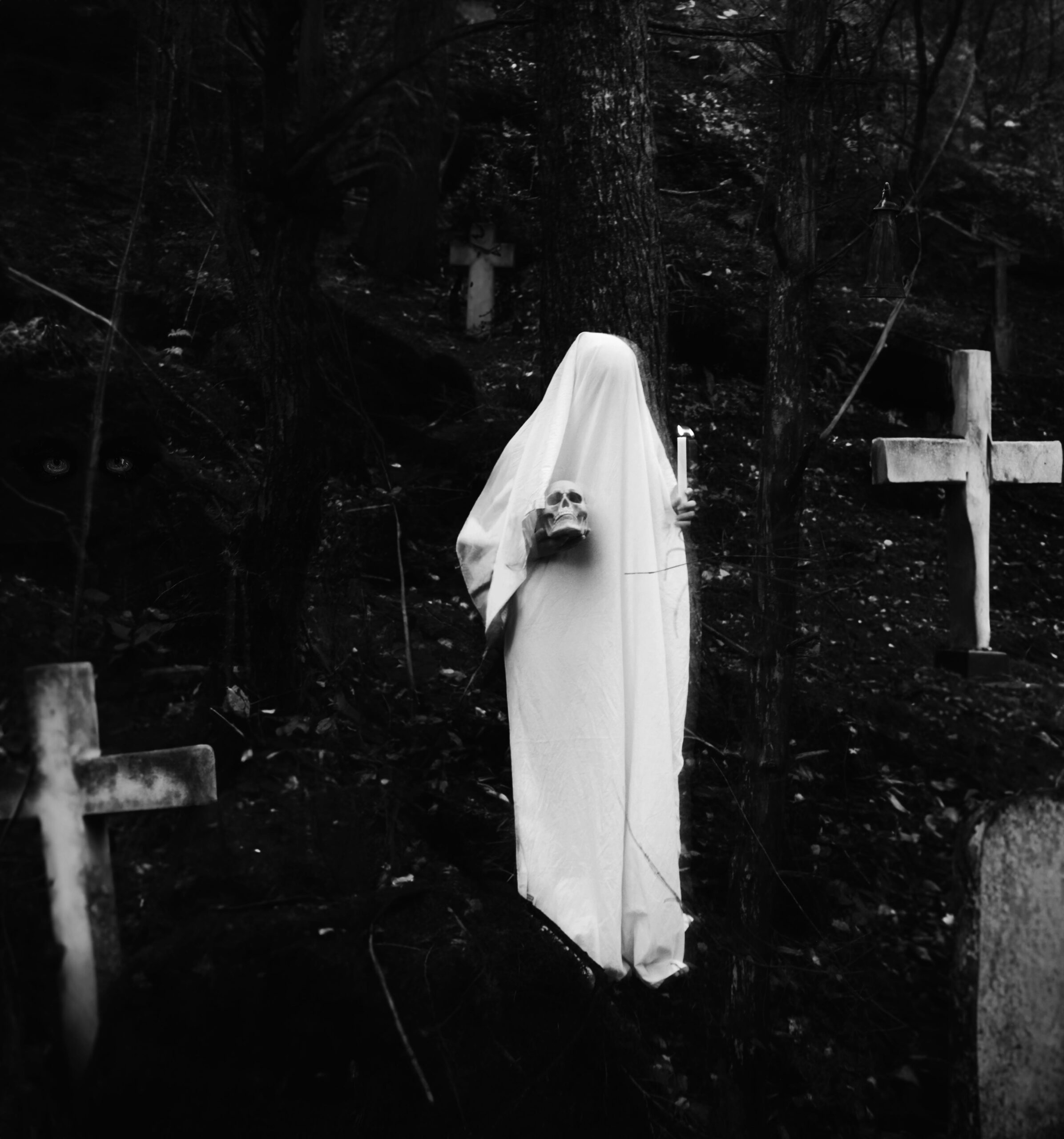
You are not alone if you think there are ghosts. Many cultures around the world hold the belief that spirits continue to exist after death and inhabit another place. Actually, among the most commonly accepted paranormal phenomena are ghosts: Ghosts stimulate the interest of millions of people. It’s not just for fun either.According to reports 46% of Americans genuinely believe in ghosts.
In addition, some people claimed that have seen or experienced a ghost. Why do so many people say that they have such a close encounter.
Even with the confusing images, audio files, and movies, try to show the evidence of ghost. But the inability of ghost hunters to detect concrete evidence may be due to two factors. The first is that there are no ghosts and the accounts of ghost sightings are the result of psychology, misinterpretations, and deceptions.
The other possibility is that, while ghosts may exist, but ghost hunters lack the scientific tools and training necessary to find any compelling evidence.
Culture and Religion: Ghosts are said to be the paranormal energies of dead. Ghosts can be seen as either merciful spirits or beneficent ancestors, depending on the culture and religion.
Scientific Angle
Doubt case : Claims of paranormal activity are usually met with doubt by mainstream scientists. The lack of empirical data and the challenge of reproducing reported experiences in controlled settings are the main causes of this mistrust.
Psychological Interpretations: Many paranormal experiences can be accounted for by psychological conditions such as suggestion, sleep paralysis, or illusions, which is the tendency to perceive patterns in seemingly random input. These encounters often occur in situations where people are predisposed to anticipate or perceive extraordinary activity.
Neurological explanations: According to neurological research, experiences such as ghost sightings can be caused by certain diseases such as brain damage or temporal lobe epilepsy. These results shed light on how the brain shapes our thoughts and understanding of the world.
Parapsychology: The study of paranormal phenomena, such as ghosts, is central to the paranormal science field within psychology. To investigate the nature of ghostly encounters, parapsychologists use a variety of techniques, including surveys, controlled trials, and field studies.
The field of parapsychology: The study of paranormal phenomena, such as ghosts, is central to the psychology discipline known as parapsychology. To investigate the nature of ghostly encounters, parapsychologists use a variety of techniques, including surveys, controlled trials, and field studies.
Experimental research: To record the visions of ghosts, analyze electromagnetic fields associated with haunted areas, and investigate psychic phenomena related to ghosts, parapsychologists have conducted experimental research. Nevertheless, the lack of reproducibility and methodological errors in these researches often cause criticism.
Problems of parapsychology:There are many problems in research on parapsychology, including confirmation bias, user affect, and the complexity of measuring subjective experiences. Critics claim that the field does not adhere to the principles of empirical inquiry and lacks scientific rigor.
Quantum mechanics
Some quantum mechanical theories suggest a relationship between reality and the nature of consciousness. These theories raise the possibility that awareness affects the physical environment in ways that have not been fully explained by conventional science.
Non-local consciousness: The idea that consciousness may be able to exist outside of space and time, leading to phenomena that are outside the scope of accepted scientific theory, is known as non-locality.
Debates and controversies: The scientific community is very speculative and divided about the relationship between quantum mechanics and consciousness. According to sceptics, these theories are generally unsupported by empirical data and rely on vague interpretations of quantum phenomena.

